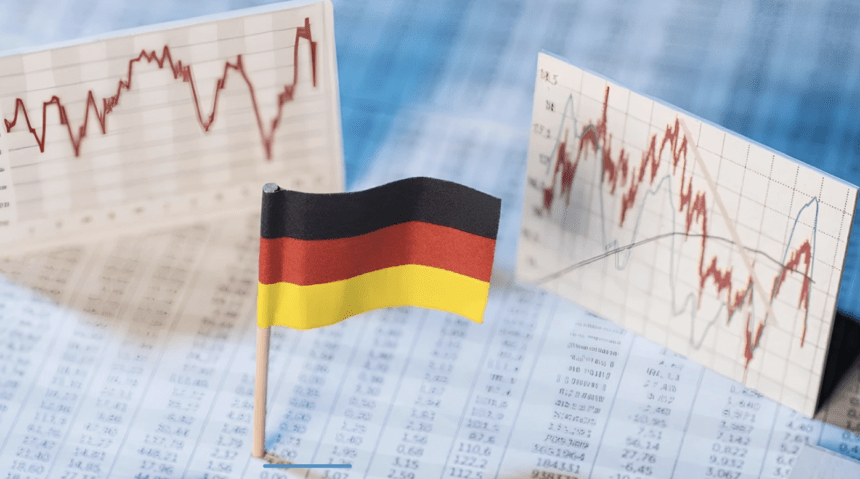According to a new survey made by the Association of German Chambers of Commerce and Industry (AHK), there has been a noticeable increase in the investment appetite of German companies in Turkey complaining about the economic situation, costs, and lack of skilled labor.
The Fall edition of the World Business Outlook, a biannual study conducted by the AHK on the problems faced by German companies operating around the world in the countries where they are located, has been completed.
Announcing the results of the AHK Turkey survey together with the members of the board of directors, AHK Turkey Secretary General and Board Member Dr. Thilo Pahl said in response to a question that the boycott calls originating from Israel created distrust among German companies.
The Turkish part of the worldwide survey was announced at a meeting attended by Dr. Thilo Pahl, Secretary General and Board Member of AHK Turkey, Bige Yucel, Vice President of the German-Turkish Chamber of Commerce and Industry and Board Member of Siemens Turkey, and Enerjisa CFO: Dr. Philipp Ulbrich, CFO of Enerjisa.
“Exchange rate remains the biggest risk”
In the survey conducted by AHK Turkey, a significant 71 percent of the respondents saw the exchange rate as the biggest risk for the next one-year period.
Economic/political environment conditions ranked second with 55 percent. The share of labor costs rose from 41 percent in the Spring survey to 48 percent in the Fall. Likewise, the share of financing increased from 41 percent to 48 percent.
Qualified labor problems increased
While 34 percent of respondents in the Spring survey saw skilled labor as a problem, this rate rose to 43 percent in the Fall. On the other hand, the rate of those who see raw material prices as a problem decreased from 33 percent to 31 percent, the rate of those who see energy prices as a problem decreased from 30 percent to 27 percent, and the rate of those who see disruptions in the supply chain as a problem decreased from 26 percent to 24 percent
As the legal debate over the criminal complaint filed by the 3rd Criminal Chamber of the Court of Cassation against the members of the Constitutional Court continues, the share of German companies that see legal security as a problem decreased from 25 percent to 23 percent. The share of companies that see demand as a problem increased from 18 percent to 23 percent, while the share of those who consider trade barriers/preference for local companies as a problem increased from 12 percent to 14 percent.
On the other hand, there has been a remarkable increase in the investment appetite of German companies complaining about exchange rates, the economic situation, costs, and the lack of skilled labor.
While the rate of those predicting an increase in investment expenditures was 25 percent in the Fall survey last year, it rose to 34 percent in the same period this year. The rate of those who stated that less investment would be made decreased from 34 percent to 24 percent. Similarly, the rate of those who do not plan to invest decreased from 19 percent to 9 percent.










